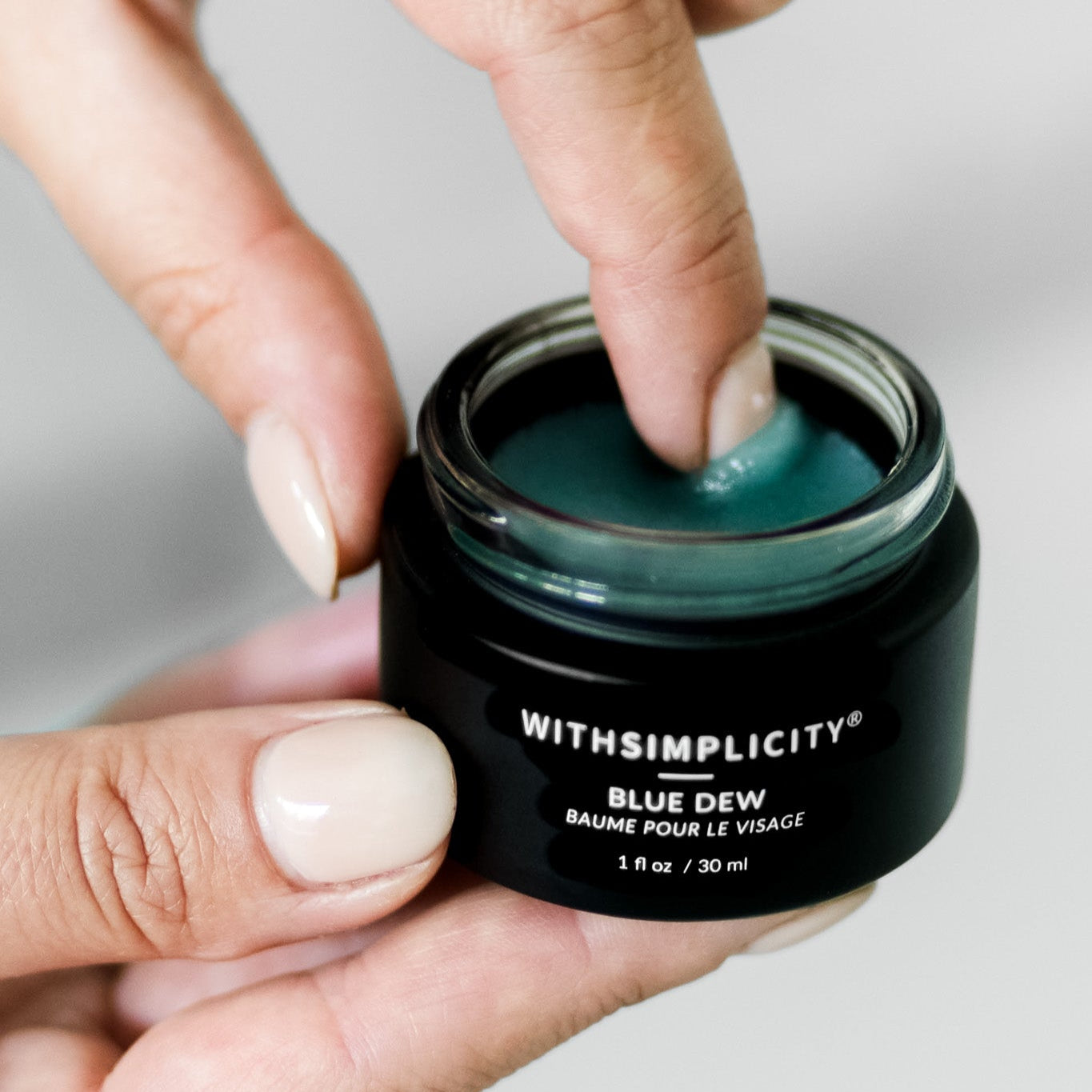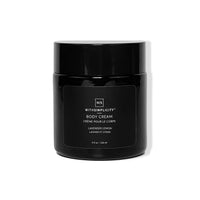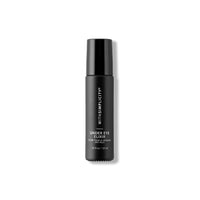Seasonal allergies are a common problem that affects millions of people every year. While the primary symptoms of seasonal allergies are typically related to the respiratory system, such as coughing, sneezing, and nasal congestion, the skin can also be affected by seasonal allergies and pollen exposure.
Let's explore the effects of seasonal allergies and pollen on the skin and talk about ways you can reduce effects like redness, itching, and irritation.
What are Seasonal Allergies?
Seasonal allergies are a type of allergy that occurs when the body's immune system overreacts to substances in the environment, such as pollen, mold, and animal dander. These substances, also known as allergens, are typically harmless, but in people with seasonal allergies, the immune system perceives them as a threat and triggers an immune response. This response leads to the release of histamines, which cause a range of symptoms, including itching, sneezing, runny nose, and watery eyes.
How Do Seasonal Allergies Affect the Skin?
In addition to the respiratory symptoms associated with seasonal allergies, exposure to pollen can also have a range of effects on the skin. Some of the most common skin-related symptoms of seasonal allergies include:
- Rash. One of the most common skin symptoms of seasonal allergies is a rash. This rash can appear in different parts of the body, but it is most common on the face, neck, and chest. The rash is typically red and itchy and can be accompanied by bumps or blisters.
- Hives. Hives are another common skin symptom of seasonal allergies. Hives are raised, red, and itchy bumps that can appear anywhere on the body. They can be small or large and can appear in clusters or spread out across the skin.
- Eczema. People who suffer from eczema may experience worsening of their symptoms during pollen season. Eczema is a condition that causes the skin to become red, itchy, and inflamed. It is often seen on the face, neck, and hands, and can be triggered by exposure to allergens, such as pollen.
- Dryness and Flakiness. Seasonal allergies can also cause the skin to become dry and flaky. This is particularly common in people who suffer from allergic rhinitis, which is a type of seasonal allergy that affects the nose and sinuses. The constant sneezing and blowing of the nose can lead to dryness and irritation of the skin around the nose and mouth.
- Dark Circles Under the Eyes. Exposure to pollen can also cause dark circles under the eyes. This is because the body's immune system produces histamines in response to allergens, which can cause the blood vessels under the eyes to dilate and become more visible. Using a product like our Under Eye Elixir can help to reduce this puffiness and soothe irritated skin.
How Can I Lessen the Effects of Seasonal Allergies on my Skin?
While it is impossible to completely avoid exposure to pollen and other allergens, there are several steps that people can take to reduce the effects of seasonal allergies on their skin.
- Keep Skin Moisturized. Dry skin is more susceptible to irritation and inflammation, so it is important to keep the skin well-moisturized. Using a gentle, fragrance-free moisturizer can help to soothe dry, itchy skin and prevent flakiness. For people with eczema, a heavier moisturizer, such as our Body Cream or Body Oil, may be necessary to provide adequate hydration.
- Use Hypoallergenic Products. People with sensitive skin may be more prone to skin reactions during pollen season. Using hypoallergenic products, such as fragrance-free soaps and detergents, can help to reduce the risk of skin irritation and rash.
- Take Shorter Showers. Long, hot showers can strip the skin of its natural oils, which can lead to dryness and irritation. To prevent this, it is recommended to take shorter, lukewarm showers or baths. Using gentle, fragrance-free cleansers can also help to prevent skin irritation.
- Wear Protective Clothing. Wearing long-sleeved shirts, pants, and a hat can help to protect the skin from pollen and other allergens. When spending time outdoors, it is also recommended to wear sunglasses to protect the eyes from allergens.
- Rinse Skin After Being Outdoors. After spending time outdoors, it is recommended to rinse the skin with cool water to remove any pollen or other allergens that may have accumulated on the skin. This can help to prevent skin irritation and reduce the risk of allergic reactions.
- Wash Sheets and Pillowcases with Hot Water Weekly & Use Dust Mite-proof covers on Mattresses. When we sleep, our bodies shed dead skin cells and sweat, which can attract dust mites and other allergens. Dust mites, in particular, thrive in warm, humid environments, making bedding an ideal breeding ground. Over time, a significant amount of allergens can accumulate in bedding, making it important to wash sheets and pillowcases regularly to remove these allergens.
What can I do to calm skin affected by allergies?
When you're in the midst of a severe allergy attack or feel like you just want to scratch your entire body with sandpaper, there a few practices you can implement immediately to clam down inflamed skin:
- Apply a Cool Compress. Applying a cool compress to the affected area can help to reduce inflammation and relieve itching. To make a cool compress, soak a clean cloth in cool water and wring out any excess water. Then, apply the compress to the affected area for 10-15 minutes at a time, several times a day.
- Look for anti-inflammatory ingredient skincare . Ingredients such as chamomile, green tea, aloe vera, rosehip oil, hemp seed oil, jojoba oil, and Lavender (just to name a few) are very claming on the skin and will help to reduce puffiness, irritation, and redness. For a quick cooling and soothing effect, we suggest trying our aloe-based Hand & Body Jelly.
- Take an Oatmeal Bath. Oatmeal baths can help to soothe inflamed skin and relieve itching. To take an oatmeal bath, add one cup of finely ground oatmeal to a bathtub filled with warm water. Soak in the bath for 15-20 minutes, then rinse with cool water and pat dry. If you don't have oatmeal on hand, our Skin & Soul Soothing Bath Salts are perfect for calming irritated skin.
- Avoid Scratching. (Way easier said than done). Scratching inflamed skin can worsen the inflammation and lead to infection. It's important to avoid scratching the affected area, and to keep your nails short to prevent accidental scratching.
- Use a Humidifier. Dry air can exacerbate inflamed skin, so using a humidifier can help to keep the air moist and reduce itching. Be sure to clean the humidifier regularly to prevent the growth of bacteria and mold.





